FROM OLIGARCHY TO REPUBLICANISM
Publication of this volume has been supported with a gift from the Kinder Institute on Constitutional Democracy.
Copyright 2017 by
The Curators of the University of Missouri
University of Missouri Press, Columbia, Missouri 65211
Printed and bound in the United States of America
All rights reserved. First printing, 2017.
ISBN: 978-0-8262-2135-3
Library of Congress Control Number: 2017947611
 This paper meets the requirements of the American National Standard for Permanence of Paper for Printed Library Materials, Z39.48, 1984.
This paper meets the requirements of the American National Standard for Permanence of Paper for Printed Library Materials, Z39.48, 1984.
Typefaces: Elzevir and Bembo
ISBN-13: 978-0-8262-7391-8 (electronic)
STUDIES IN CONSTITUTIONAL DEMOCRACY
Justin B. Dyer and Jeffrey L. Pasley, Series Editors
The Studies in Constitutional Democracy Series explores the origins and development of American constitutional and democratic traditions, as well as their applications and interpretations throughout the world. The often subtle interaction between constitutionalisms commitment to the rule of law and democracys emphasis on the rule of the many lies at the heart of this enterprise. Bringing together insights from history and political theory, the series showcases interdisciplinary scholarship that traces constitutional and democratic themes in American politics, law, society, and culture, with an eye to both the practical and theoretical implications.
Previous Titles in Studies in Constitutional Democracy
Lloyd Gaines and the Fight to End Segregation
James W. Endersby and William T. Horner
John Henry Wigmore and the Rules of Evidence:
The Hidden Origins of Modern Law
Andrew Porwancher
Bureaucracy in America:
The Administrative States Challenge to Constitutional Government
Joseph Postell
With gratitude and admiration for their lives, which brightened the paths and highways leading to the City upon a Hill, the author humbly dedicates this book to
Mr. Alex Saunders (19001984),
Mount Vernon, New York
Mr. Martin Adler (19222012),
Rumson, New Jersey
Dr. Harry Victor Jaffa (19182015),
Claremont, California
and to my grandmother, Mrs. Kathryn Tolbert Smith (19081982),
Fair Haven, New Jersey
Preface
Our War
On a business trip to Raleigh, North Carolina, in 1998, I found myself on one of the streets radiating outward from the old state capitol. As I glanced at the capitol from a long distance, a tall column caught my attention. Upon that column was an armed figure with an erect and manly bearing. Even from afar, his outward form could not be mistaken for anything but a representation of a Confederate soldier; martial valor was the message. I uneasily scanned the pedestrians up and down the street, seeking the faces of my fellow citizens who had the most right to take offense at this statue. They were there, going about their business peacefully, as if they were in any other American city. In my mind was a thought best captured by Ulysses S. Grant, that Southerners had fought long and valiantly for a cause that was one of the worst for which a people ever fought.
Years later, I left business, became a political scientist, and began studies that have led to this book. On a sunny day in the late summer of 2008, I was in Boston for an academic conference and decided to use my free time visiting the citys colonial- and revolutionary-era sites. I especially wanted to visit the Boston Public Garden and Boston Common, the central point of American republicanism, where our patriot fathers assembled in defiance of monarchic rule. Approaching on foot, I paused as if struck by a thunderbolt. Rising above everything else, above the magnificent figure of Washington on horseback, was a monument of an altogether different character from the one I remembered in Raleigh, and the sight of it caught me unaware. Although I had known nothing about the existence of this monument, from afar I instantly knew what it was, stopped walking, was overcome, and had to turn my face away.
For a long time after Aristotle made politics a distinct field of study, it was generally recognized that the first and most important duty of a political scientist was to identify clearly the parts and the whole of a given political society, especially who rules and by what ruling principle. This is sometimes a very difficult task. We must try to know the animating principle of the whole, the relationship of the whole and the parts, when and where the whole and the parts are coming together into greater concord, and when and where the parts are breaking away, like eddies that force a change in the direction of a rivers current, are split off into a new channel, or are reabsorbed into the main flow of the river, strengthening it. This is what all political societies do. The payoff of becoming deeply immersed in these studies is that we can recognize meaning in small details, even in aesthetics, that have been touched by organizing principles at work within the enveloping political society.
For several years I had been immersing myself deeply enough in studies of the Civil War era that the minds and hearts of that past generation had become familiar to me. It was clear that what rose before me was a production of that generation, sprung from Americas republican cradle. Not a valorous soldier but a woman stands at the pinnacle of the Soldiers and Sailors Monument at Boston Common. Her posture expresses an otherworldly beauty, tenderness, and solemnity. She wears a crown of thirteen stars and cradles the American flag with one arm and with the other a drawn sword, point turned downward. This is no Winged Victory, with head held high. Rather, she gazes slightly below her, sorrowfully regarding her many lost sons from Boston. You will not find the thrill of conquest here or the commemoration of martial valor as an end in itself, but something higher, the commemoration of a hard-won peace and the vindication of Americas founding principle, the honorable end to which they dedicated their martial valor.
While preparing the manuscript for this book, I learned that the Soldiers and Sailors Monument in Boston was dedicated on Constitution Day, September 17, 1877, in an elaborate ceremony and after extensive efforts that began immediately after the conclusion of the war. When I read the remarks of keynote speaker Charles Devens, they did not surprise me. His remarks run parallel to the thesis of this book and the aesthetic character of the monument. This is no Monument to the glories of war, he said. Nor is this a Monument to valor only. These were not the self-serving words of a politician whose valor was never tested. Devens spoke as a combat veteran, one who had received multiple wounds in Civil War battles and had earned a
They fought so that the government they had lived under might be preserved, and that the just and equal rights of all men might be maintained. The war was not a mere conflict of dynasties, or of families, like the English Wars of the Roses. Such wars of succession change the ruling house, but not the system of government. In the Wars of the Roses, the Houses of York and Lancaster contended for control of the throne that would remain supreme over Englands monarchic society, no matter which victor occupied the throne. Rather, our American Civil War was a great elemental conflict, in which two opposite systems of civilization were front to front and face to face. By defeating the Confederacy, Devens and his comrades had emancipated the subject race from slavery and the dominant race itself from the corrupting influence of this thraldom. To Devens, slaverys evil effect extended beyond the harm done to the liberty of the slave to include all members of political society. Therefore, Union victory was a victory for all Americans, everywhere, even in the defeated South: I should think the victory won by these men who have died in its defence barren, if it shall not prove in every larger sense won for the South as well as the North. From his perspective, the war had rescued the South, though devastating its lands and costing it many lives.

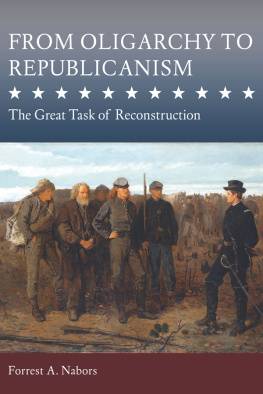


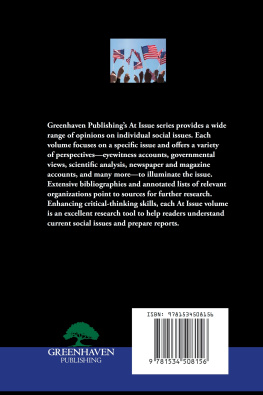
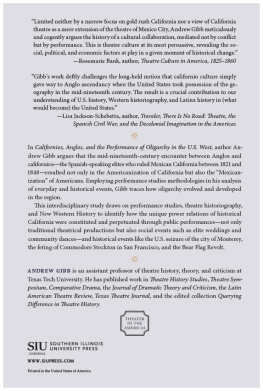
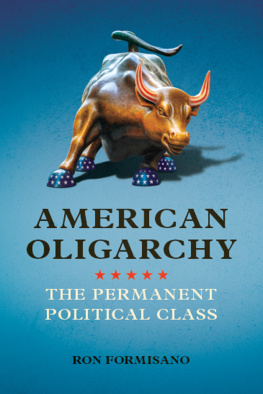
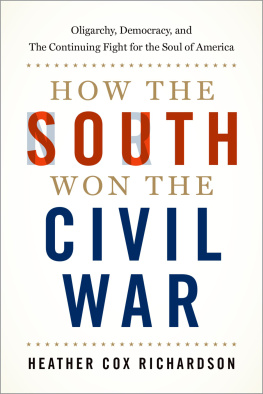
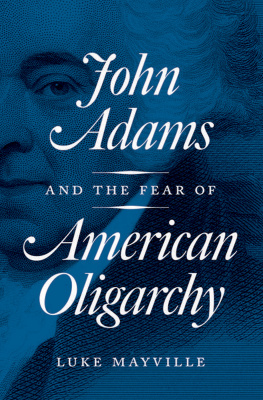
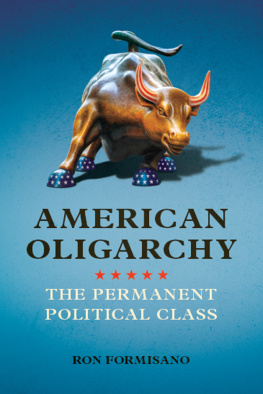
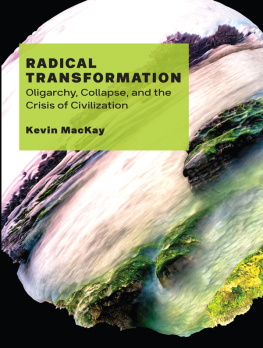
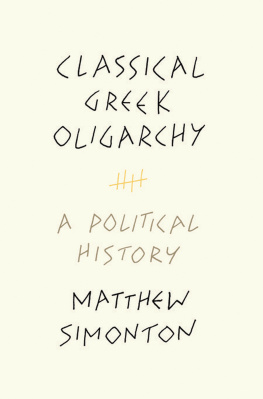

 This paper meets the requirements of the American National Standard for Permanence of Paper for Printed Library Materials, Z39.48, 1984.
This paper meets the requirements of the American National Standard for Permanence of Paper for Printed Library Materials, Z39.48, 1984.